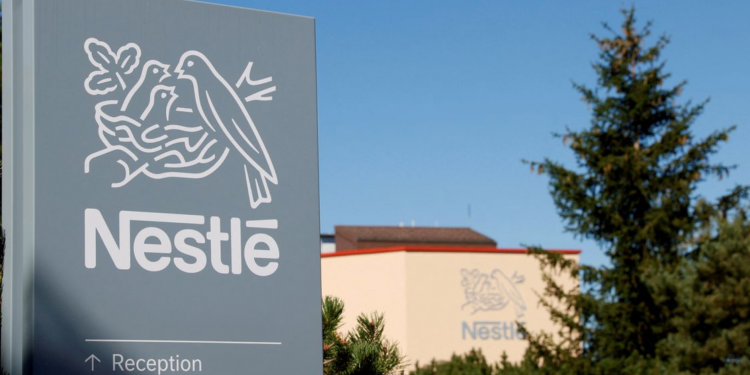Reuters reports that European retailers are locked in extended price negotiations with giant food companies – including the world’s biggest, Nestle – as they fight to retain shoppers and protect their profits.
Albert Heijn – the largest Dutch supermarket chain – earlier this year removed Nestle products, including Maggi, KitKat and Nescafe from its stores because Nestle increased prices.
Consumer goods companies typically agree annual pricing contracts with retailers towards the end of each year in many parts of Europe. Four industry experts told Reuters that, in many cases, negotiations have stretched into 2022, or have been re-opened after having in theory been concluded.
A spokesperson for Nestle said the pressures included more expensive raw materials, packaging, energy, logistics, and labour. The impact has eroded Nestle’s margins.
Nestle said it raised overall prices by 3.1 per cent in the fourth quarter, and by 2.5 per cent in Europe, the Middle East and North Africa. The company increased quarterly prices by 5.2 per cent in the Americas.
Belgian low-cost supermarket chain Colruyt told Reuters it was among those still in talks with some food makers.
As negotiations dragged on, the chain late last year removed 400-gram jars of Ferrero Spa’s Nutella hazelnut spread from some of its stores, choosing to stock only large jars that were better value for families with kids, the supermarket’s main customers.
Overall euro zone inflation hit a record of 5.1 per cent in January, well above projections. Food, alcohol and tobacco inflation rose to 3.6 per cent from 3 per cent.
In the autumn, several packaged food companies hiked European prices for some products by 5 to 7 per cent, financial advisory firm Rabobank estimated.
Cyrille Filott, head of Rabobank’s consumer foods team, said some food makers had later demanded a further 3 to 5 per cent increase as commodity prices continued to rise.
“There’s a big fight right now in continental Europe between retailers and food companies,” Filott said.
Unilever finance chief Graeme Pitkethly said the company, whose brands include Knorr seasonings and Magnum ice cream, has had to limit the number of promotions in Europe as an “extremely difficult” pricing environment in parts of the region has kept it from raising prices to the degree it has elsewhere in the world.
German members-only wholesale retailer Metro cited a roughly 5 per cent increase in food inflation, some of which will be passed on.
French supermarket major Carrefour SA said it was seeing price inflation in the low to mid-single digits, similar to the 3 to 5 per cent that its rivals have noted.























